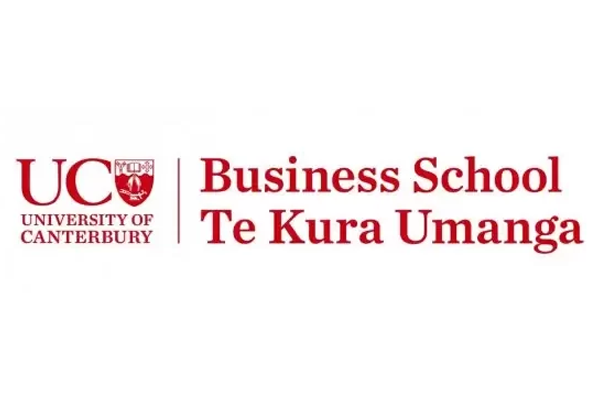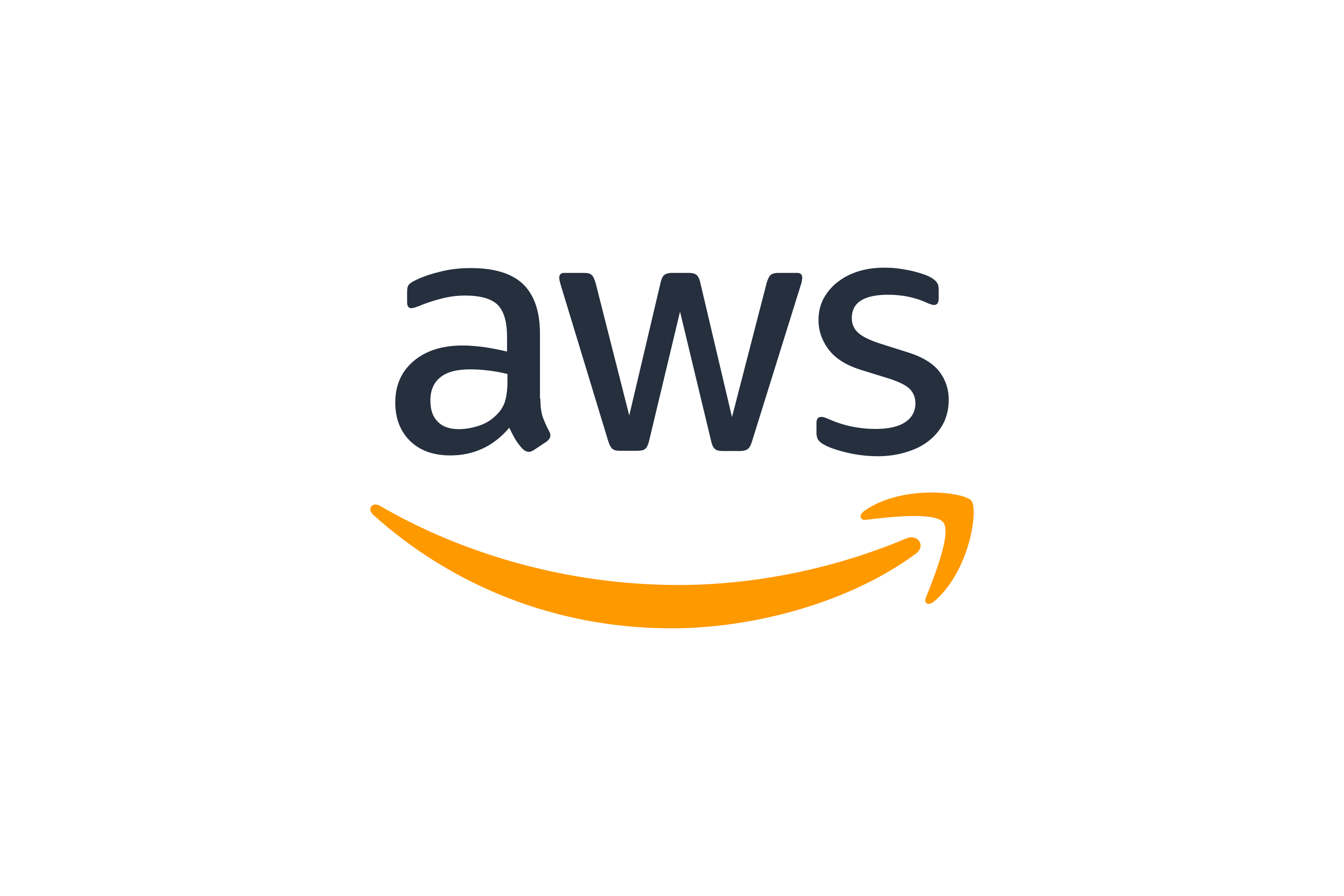Sky’s no Limit
Gaynor Stanley spoke with some thought-leaders around town as to why Christchurch is soaring towards the stratosphere when it comes to tech industries and entrepreneurs.
In case you hadn’t been paying attention, a new business scene has been quietly emerging in the resurgent Christchurch and making noise loud enough for the world to hear. Gone are the days when the old boys’ network, or your school or suburb were paramount influences to succeed in business; today, it is more about what you can contribute to a new breed of industries and social enterprises putting Christchurch, representing New Zealand, in the global spotlight.
The city is now New Zealand’s second largest tech centre, after Auckland. “Canterbury tech industries contribute $2.4 billion to the GDP and employ over 15,000 people,” says Canterbury Tech chair David Carter. A hallmark, he says, is that this region has relatively few companies generating massive revenues, like the Xeros of the world. Instead the local tech sector is made up of a large number of small- to mid-size companies across a wide variety of business domains. “This gives us resilience; we don’t have all our eggs in one basket.”
As well, a large number of foreign companies have development centres in Christchurch, partly a legacy of local companies exiting and selling to foreign entities. “Reassuringly, they haven’t subsequently moved the development back to the US or offshore to China or India. They’ve seen significant value in the extremely talented development resource that we have available locally,” says David Carter, referring to companies like Verizon, which bought fleet tracking software firm Telogis, and Insight Venture Partners, which purchased another software firm Diligent.

He attributes Canterbury’s tech success to “amazing tertiary institutions producing world-class engineers”, Christchurch’s relatively cheap cost of living compared to other major centres and fantastic lifestyle opportunities to attract talent. “We also don’t suffer from the tyranny of distance that Auckland does, which means we have a very connected technology community. We have an active angel investment community and the support for start-ups is world-class.”
While he believes Canterbury is not likely to overtake Auckland anytime soon, due to the large disparity in population size, David does believe “a doubling of our tech sector within the next five to 10 years is not unrealistic”.
Health tech and aerospace flying high
Christchurch has particular strength in health IT and medical device companies and the city played host last year to the national Emerging Tech in Health event. “Our local District Health Board is known globally as being extremely innovative and forward-thinking and this has played no small part in the development of some world-class companies such as Orion Health andARANZ medical,” says David.
We also have a nascent aerospaceindustry with the NZ Space Challenge being launched and run from Christchurch and the Christchurch Aerospace Centre initiated last year by one of New Zealand’s space pioneers Mark Rocket. Yes, really. Mark changed his surname by deed poll in 2000 and says it has become an affirmation of an area he’s always been interested in. Mark was seed investor and co-Director, with Peter Beck, of Rocket Lab from 2007 to 2011, and is on first name terms with Sir Richard Branson as he was the first New Zealander to sign up for a Virgin Galactic flight, back in 2006. Virgin Galactic has commenced its test flights and Mark hopes commercial flights will start within a year or so. Meanwhile, he’s moved south to begin his second aerospace venture in Christchurch, Kea Aerospace, which is a research partner with the University of Canterbury developing projects from prototype through to commercialisation. Mark has also instigated regular Aerospace Centre meetups that have quickly grown to standing room only. Six founding aerospace businesses, supported by ChristchurchNZ, NZ Trade and Enterprise and the New Zealand Space Agency, are leading the way to grow the economic wealth and aerospace capability of Christchurch.
“In the same way that Christchurch is a main gateway to the Antarctic, in the future Christchurch could be a significant southern hemisphere gateway to space,” says Mark. “There are already dozens of companies in Canterbury working in the aerospace industry – from a manufacturer of high-performance cryocoolers for NASA [Fabrum as part of the Mars Lander project], to a developer of ‘beyond line of sight’ unmanned vehicles [Skybase] through to component contractors to Rocket Lab.
“If Christchurch develops a cohesive city aerospace strategy, before 2030 we could easily see hundreds of aerospace companies emerge providing thousands of jobs. A facet of that strategy could be developing launch and test facilities in Canterbury.”
Unearthed by the quakes
David Carter’s predecessor at Canterbury Tech, Michael Trengrove, commented in a 2016 report that the terrible circumstances brought upon by the earthquakes led to the development of some exceptional initiatives and forced our local tech sector to share more knowledge, be bolder and think bigger.
Another who attributes the earthquakes to a transformation in the way Christchurch ticks is Parry Fields lawyer Steven Moe, who says the changing culture of the genteel Christchurch he grew up in is one of the reasons he moved back in 2016 after 11 years overseas living in Tokyo, London and Sydney.

“I was doing major deals and helping many wealthy people become wealthier and I kind of came to a realisation that maybe this isn’t what I wanted. Maybe I wanted to live more with no regrets,” says Steven. So he and his wife decided to move back home with their four children and, since coming back, he has been focused on ways that business can combine profit with purpose and writing a book on social enterprise. “It’s been a fascinating journey to learn more about this idea of taking the heart of charity and the mind of business and fusing them together to create social enterprise.”
Discovering many other likeminded locals challenging ways of doing things, open to new ideas and “thinking beyond how much money can I make?”, Steven launched his weekly podcast Seeds to interview, so far, 85 mainly Canterbury locals leading what he terms “lives of positive impact”.
“The quakes shook up the earth and buildings and they also shook up the way people think. A key thing that people are realising is that maybe it’s their time to try something new and that now is their greatest shot at succeeding.”
It’s this realisation of the temporary nature of life that has caused many people to reprioritise what they value, he says, and to proactively build a new culture alongside the new buildings and infrastructure.








